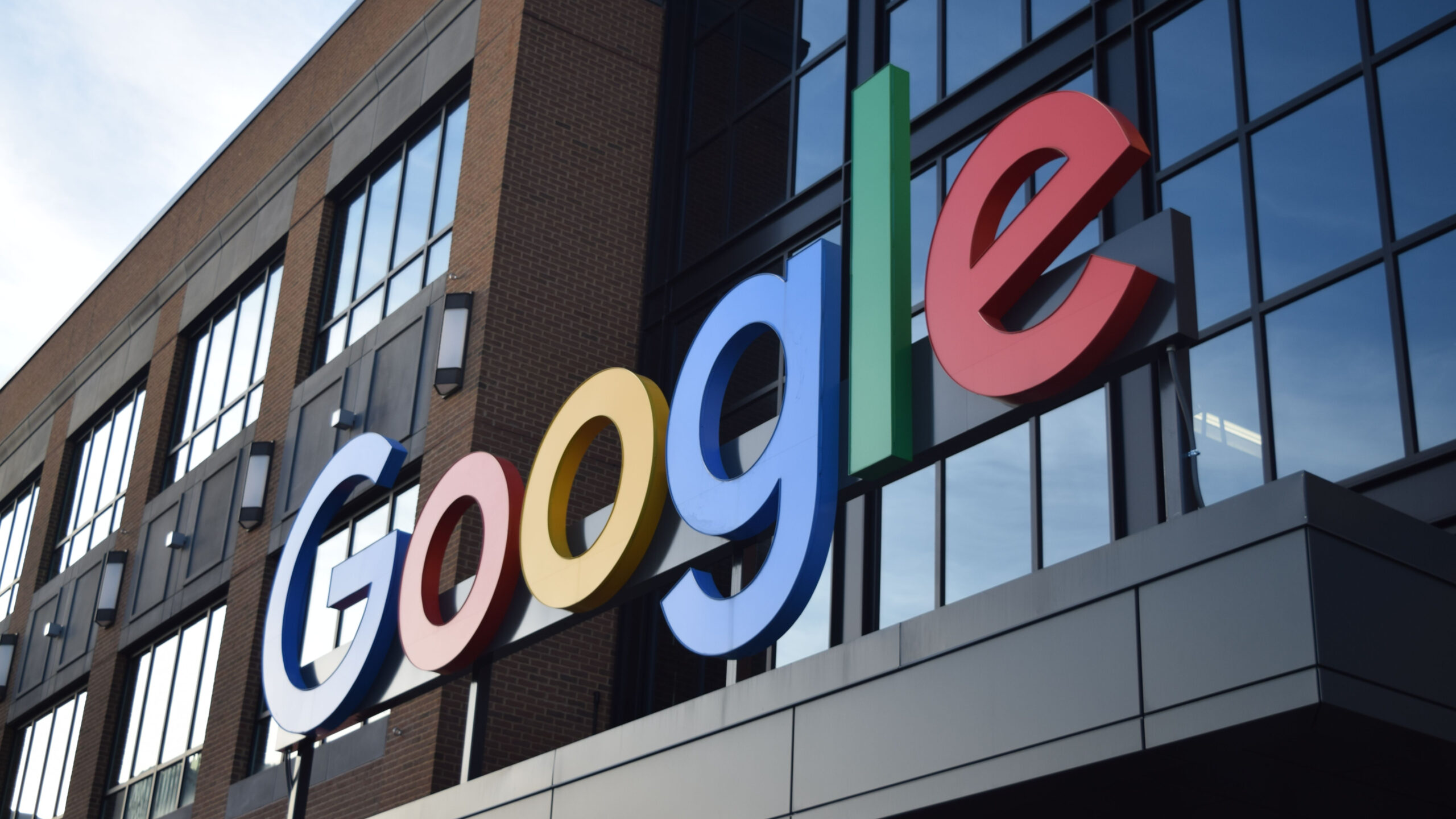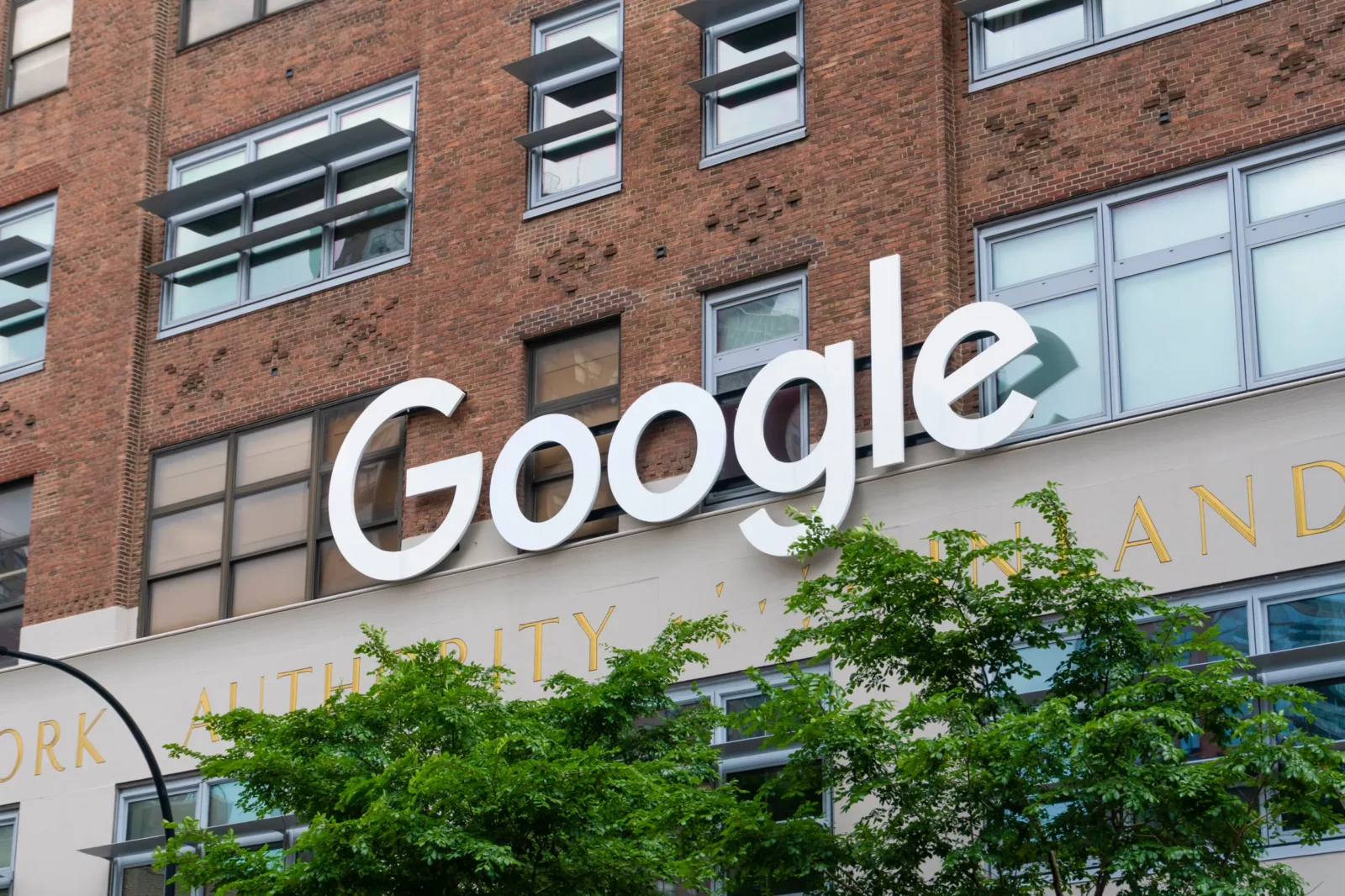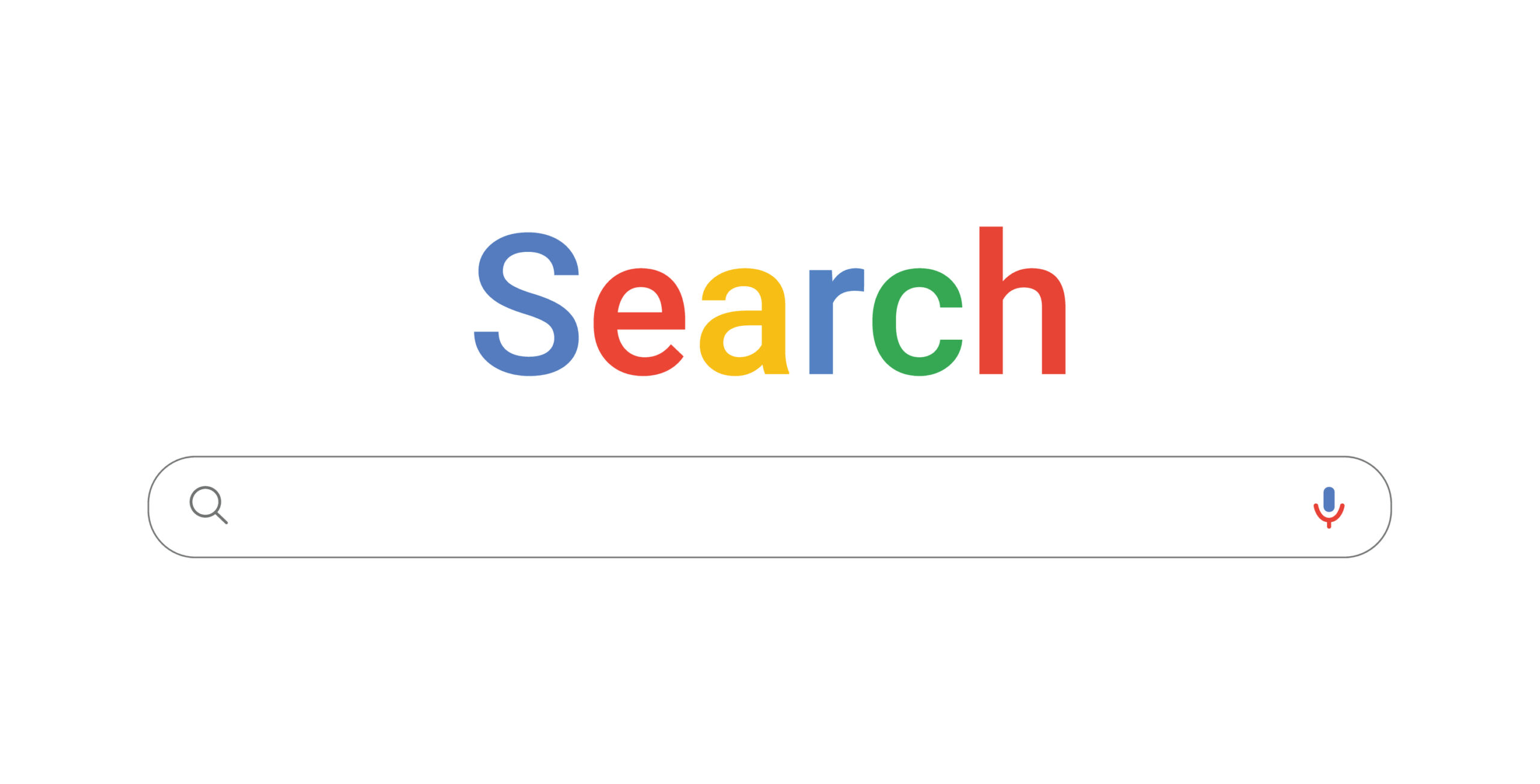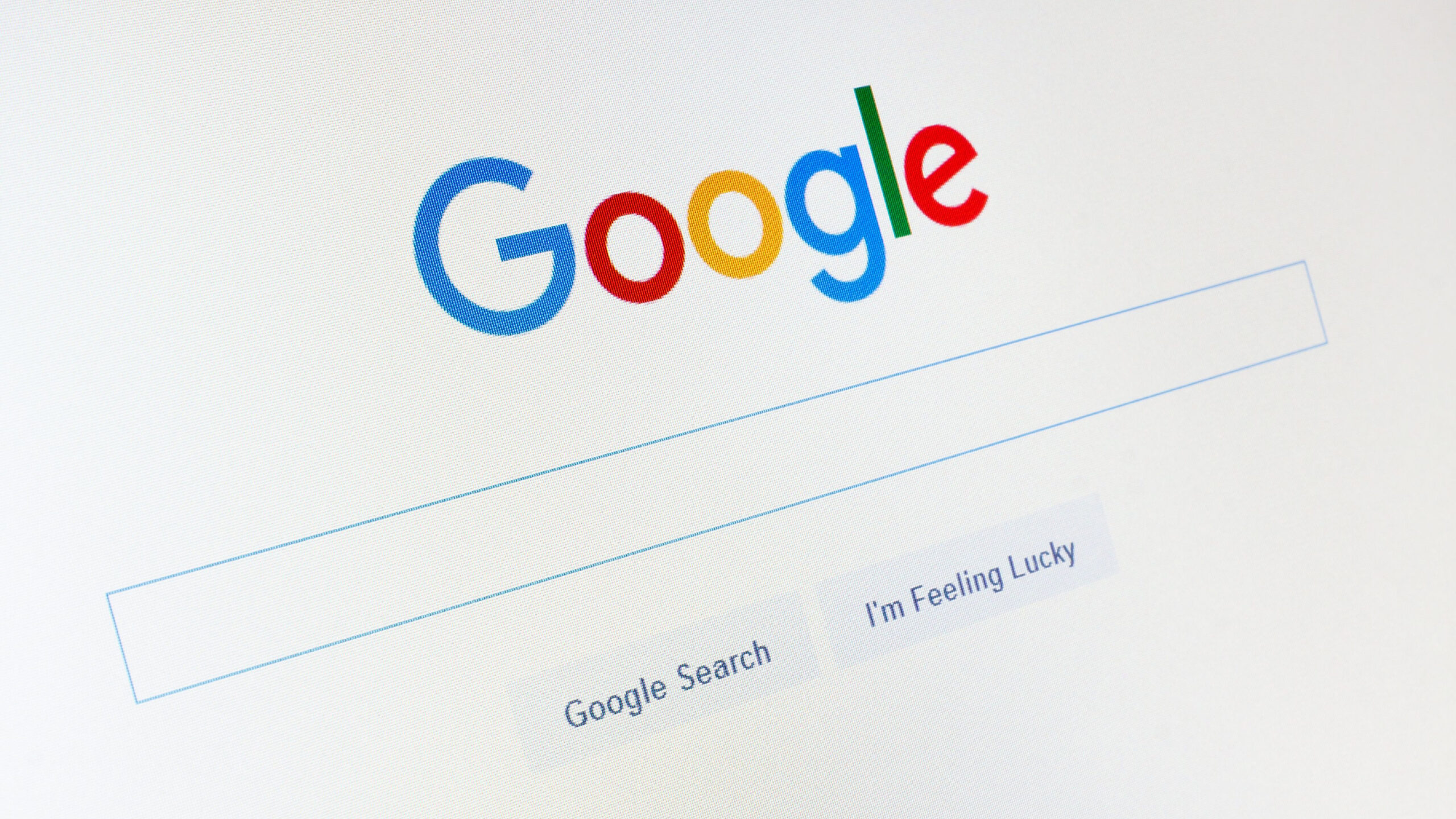DoJ Trial Against Google Showcases Lack of Competitive Harm

Ten weeks after it began, the evidence-phase of the Department of Justice’s (DoJ) trial against Google for its alleged anticompetitive behavior in the digital search market has ended. After all the evidence was presented, the DoJ failed to present a convincing case showing that Google’s conduct was anticompetitive and harmed consumers. There was, in fact, no meaningful theory of how the company’s practices harm competition.
The DoJ argued that Google’s “exclusive” agreements with mobile manufacturers, wireless carriers, and browser developers helped the company co-opt the market for search options needed by consumers, and prevent other competitors from showcasing their products. This was allegedly done by establishing Google Search as the default search engine in said devices. As previously noted, Google’s search agreements, like slotting fees in supermarkets, are not exclusionary. Just as slotting fees are a common marketing practice and an efficient way to allocate shelf space, so are Google’s agreements to be the default search engine in web browsers for PCs, cell phones, and tablets. Consumers do not choose services such as Google Search or Google Chrome for lack of a better option; they use these services because they are the preferred options in the market.
The testimonies heard at trial showed that this is a market in which being the default service is not as important as providing the best service possible. Mozila’s CEO noted how their consumers revolted when Mozilla switched their default search engine, returning to Google Search for more accurate results and a superior user experience. Further testimonies revealed a market where consumers could quickly and effortlessly choose their default search engine from a range of options, and that they ended up choosing Google. These are characteristics of a market working – not one where consumers are being harmed and regulators should prioritize a remedy.
Another key point discussed during the trial was that of the alleged similarities between the Microsoft case some decades ago and this Google Search case. However, it was shown that these cases could not have been more different from one another. DisCo has previously discussed why this case is not simply Microsoft 2.0.
Microsoft was a major monopolization case against a technology company but the similarities with the Google case end here. The Microsoft case centered on the company actively and unilaterally blocking competitors from the Windows operating system, hence preventing them from reaching consumers. The Google case concerns the company negotiating with other businesses to make Google Search the default search on their platforms.
Google has not excluded or prevented new competitors from entering the market, nor has it prevented companies from making similar search agreements with other services. Additionally, even when products do come with a default search engine, consumers can change that at will through a few simple steps. It’s clear that Google’s alleged conduct bears little relationship to Microsoft’s.
Moreover, the relevant market for digital search is much broader than traditional search engines. Consumers do not solely use search engines to look for what they want or need online. We’re increasingly seeing people turning to voice assistants, artificial intelligence (AI), or vertical products like apps for getting particular information. Ikea, OpenTable, Yelp or even TikTok provide consumers with a more direct search circumventing search engines and de-facto competing against them.
It is now up to Judge Mehta to ponder the evidence and hear closing arguments in May before ruling on the Antitrust case of the Century. He will have to determine whether Google’s agreements were anticompetitive and exclusionary, blocking competitors from entering the market and harming both consumers and competition. However, from the evidence presented at trial, all points towards consumers choosing Google Search not because of illegal or anticompetitive practices by Google, but thanks to Google Search being a superior service.








